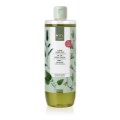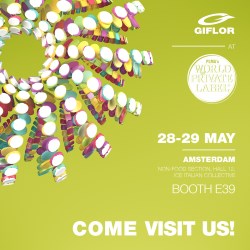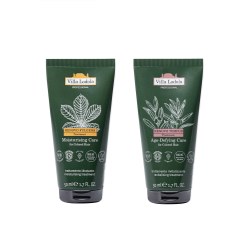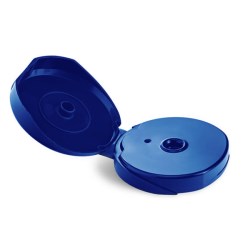Public
Giflor Catalogs
Giflor Certificates
Giflor Closures Gallery
Giflor Documents
Giflor Locations
Giflor News
Giflor Videos
If this is your company, CONTACT US to activate Packbase™ software to build your portal.


Minimalistic design is more than just a trend. In fact, it's transforming the packaging industry as brands seek sleek, functional, and eco-friendly solutions. In 2025, minimalist plastic packaging is emerging as a critical tool for balancing aesthetic appeal with sustainability. By reducing material usage and optimizing packaging for shipping efficiency, companies are creating solutions that meet both consumer demands for environmental responsibility and practical needs for cost savings and product protection.
Minimalist packaging offers significant advantages, particularly when it comes to shipping and logistics. Streamlined designs use fewer materials, making them lighter and more compact, which directly reduces shipping costs. Additionally, smaller packaging allows for better space optimization, enabling more products to be shipped at once, which cuts down on transportation emissions and delivery times. This approach not only saves costs but also minimizes environmental impact, aligning with the growing focus on sustainability.
Focus on Functionality
The focus on functionality in minimalist packaging also ensures that products arrive safely. By prioritizing essential design elements and high-quality materials, these packages provide excellent protection during transit, reducing damage and the need for costly returns. This functional simplicity speeds up production cycles, allowing products to hit the market faster.
One standout example of minimalist design and sustainability is the Eco Low Profile Cap. This innovative line of slander closures dramatically reduces material usage without sacrificing strength or functionality. By stripping away unnecessary elements, it exemplifies the elegance of simplicity, offering a sleek, efficient solution that meets the demands of modern consumers and brands alike. Its streamlined design not only supports eco-friendly initiatives but also enhances the overall product experience, proving that thoughtful design can drive both sustainability and performance forward in exciting new ways.
As the packaging landscape transforms, minimalist design is reshaping how brands approach sustainability, focusing on smarter use of resources rather than just following trends. This evolution is about more than reducing waste, it's about rethinking functionality and aesthetics to create packaging that aligns with both environmental priorities and consumer expectations. By embracing this new mindset, companies are finding that thoughtful design choices can drive impact far beyond their products, opening the door to more sustainable practices that benefit both the brand and the world around us.
Images: Giflor's Eco Low Profile Cap #741 (bottle closure) and Giflor's Eco Low Profile Cap #770 (Ø35mm tube closure)
Sources:
https://www.packaging-labelling.com/articles/minimalist-packaging-less-is-more
https://pakfactory.com/blog/minimalist-packaging-design/
https://www.packaging-gateway.com/features/minimalism-takes-hold-in-packaging/
https://www.unilever.com/sustainability/plastics/rethinking-plastic-packaging/
https://www.ncbi.nlm.nih.gov/pmc/articles/PMC9609329/


























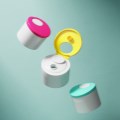
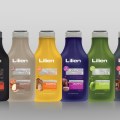

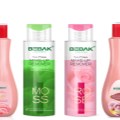
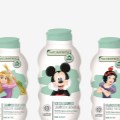
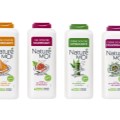
.jpg)
